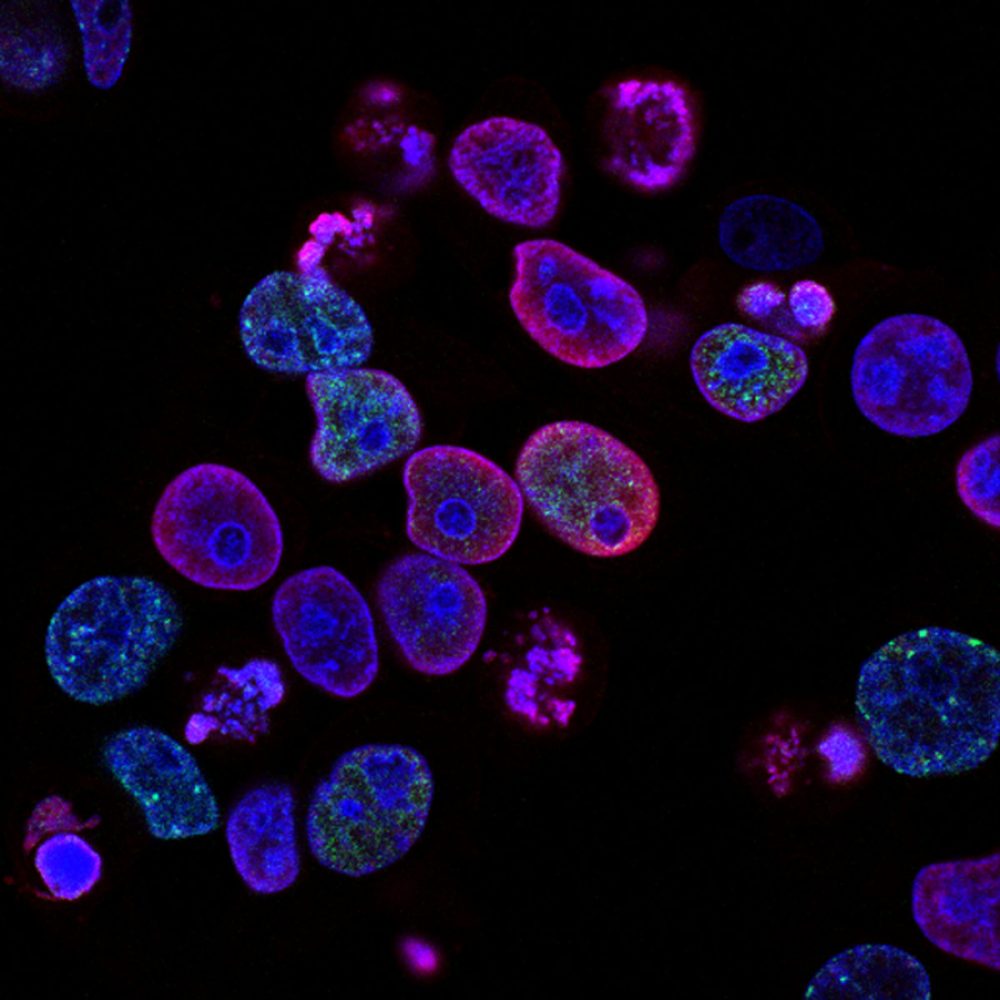
Michael Behe on the Battle of the Mousetraps
On this ID the Future, Michael Behe responds to the attacks on … his mousetrap. Behe used the common mousetrap to illustrate the idea of irreducible complexity, showing how various mechanical contrivances need all of their main parts to function, and to show how irreducible complexity poses a major challenge to Darwinism’s idea of gradual, step-by-step evolution of some biological machines. Most of the attacks on Behe’s argument have focused on the irreducibly complex biological systems he spotlighted, such as the outboard motor known as the bacterial flagellum. But some of his critics fixated on the mousetrap itself, and argued that the mousetrap wasn’t actually irreducibly complex. Behe rebuts these counterarguments and explains why he’s convinced they fail. The discussion Read More ›



